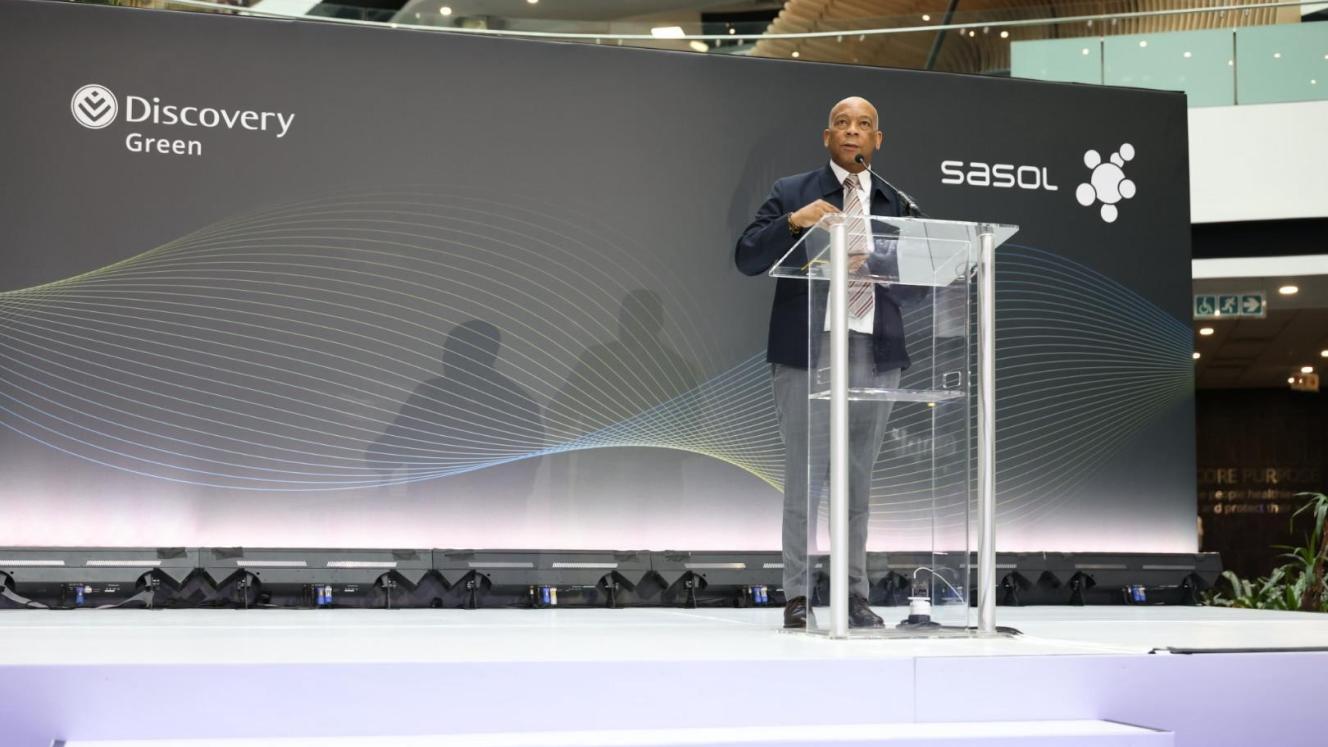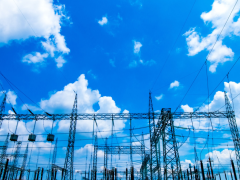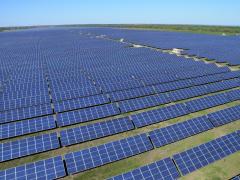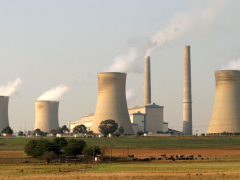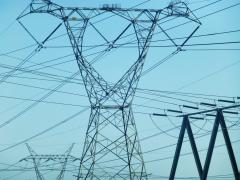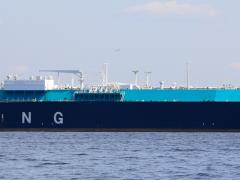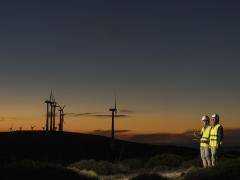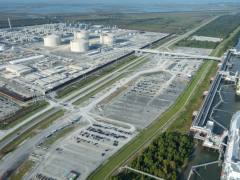Discovery Green and Sasol have launched a new electricity wheeling platform designed to give small and medium-sized enterprises (SMEs) access to renewable power – a model previously limited to large corporates.
The announcement was made during a special event at Discovery Place in Sandton yesterday (May 14) –attended by Minister of Electricity and Energy Kgosientsho Ramokgopa.
The platform, Ampli Energy, was developed through Discovery’s green energy arm using renewable electricity secured by Sasol through its long-term power purchase agreements (PPAs). It is designed to simplify participation for SMEs in a technically and contractually complex segment of the electricity market by aggregating demand, and managing the regulatory and commercial requirements typically associated with bilateral wheeling agreements.
Sasol’s renewable energy portfolio currently includes 750 MW in signed PPAs of which 70 MW is already operational. According to Simon Baloyi, President and CEO of Sasol, who also spoke at the event, electricity from these assets – such as the Msenge Emoyeni wind farm in the Eastern Cape, which produces 450 GWh per annum – will now be made available via Ampli Energy. Sasol has committed to procuring a total of 1 200 MW of renewable energy capacity by 2030. Early adopters of Ampli Energy include NetFlorist, Nando’s, GMI Property Group, Reach for a Dream and the Nelson Mandela Children’s Hospital.
Discovery Green was launched in 2023 to enable scalable renewable energy access in response to high electricity costs, unreliable supply and limited low-carbon alternatives, particularly for SMEs, which account for 40% of GDP and have experienced disproportionate impacts from the energy crisis, said Adrian Gore, Founder, Executive Director and Group Chief Executive of Discovery. Two thirds of SMEs have reportedly retrenched employees due to load shedding, he added.
The Ampli Energy platform was enabled by changes under the Energy Action Plan as well as rules recently gazetted by the National Energy Regulator of South Africa that clarify the regulatory framework for third-party electricity wheeling. This includes transmission and distribution wheeling frameworks and the use of the national grid for bilateral trade.
Ramokgopa described Ampli Energy as a “revolutionary” development that extends market access beyond utility-scale consumers.
“Grid integration remains a concern as renewables grow: only 23% of electricity currently comes from renewable sources with government targeting 50% by 2035,” Ramokgopa said. He also noted that, while the rollout of synchronous condensers is underway to support grid stability, further reinforcements will be required once renewable penetration exceeds 30%.
